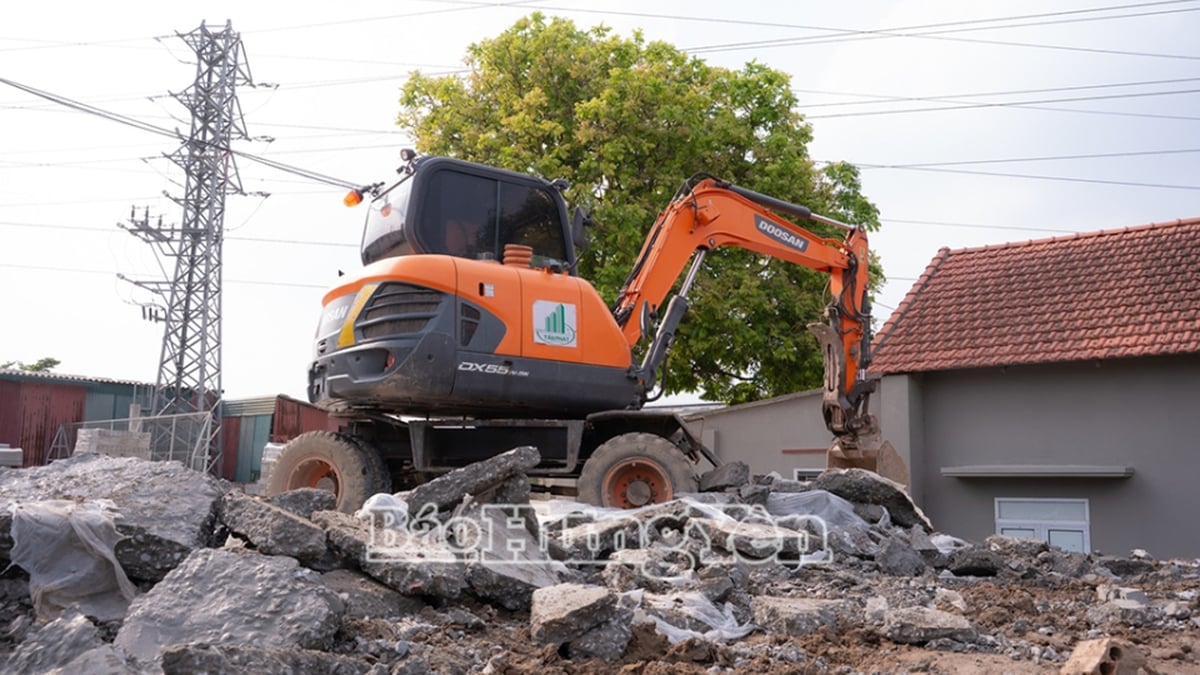Men in their 50s and beyond often experience age-related symptoms and hormone decline – but is this similar to what women experience during menopause?
 |
| The changes men experience as they age can affect their quality of life. (Source: Everlywell) |
As men enter their 40s and 50s, they may begin to experience erectile dysfunction and a decline in sex drive, as their bodies produce less and less testosterone. These changes sound similar to those that occur during perimenopause and menopause in women.
Given these similarities, could this be considered a "male menopause"?
Although middle-aged men experience symptoms similar to those women experience during menopause, including hot flashes, scientists say it would be inaccurate to call these experiences "male menopause."
The hormone-producing function of the male testicles and female ovaries declines with age, but in women this occurs rapidly, over a few years. In men, this age-related decline occurs more gradually, over several decades. The main hormone produced by the testicles is testosterone, the male sex hormone responsible for supporting sexual development and function.
"Testosterone levels decline markedly in older men. But it's not like menopause in women because men can still maintain normal testosterone levels until age 80," Dr. Jesse Mills, director of the Men's Clinic at UCLA Health, told Live Science .
By comparison, women typically enter perimenopause (or the transition to menopause) between the ages of 45 and 55. During this time, the ovaries make less estradiol, the main form of estrogen in the body. When women are young, estradiol can peak at up to 400 picograms per milliliter (pg/mL) of blood, and levels can drop below 0.3 pg/mL after menopause.
A woman's body continues to make another, weaker form of estrogen - called estrone - but it cannot make up for the lost estradiol. This leads to missed periods, hot flashes and decreased lubrication.
Although men experience a gradual decline in testosterone levels as they age, their symptoms are not nearly as severe as those experienced by women, Dr. Mills says. Testosterone levels decline by an average of 1.6% per year in men, starting around age 30. Some evidence also suggests that testosterone-producing cells become less developed and decrease in number with age.
Source: https://baoquocte.vn/nam-gioi-co-trieu-chung-man-kinh-hay-khong-278860.html



























![[Photo] Gia Lai provincial leaders offer flowers at Uncle Ho's Monument with the ethnic groups of the Central Highlands](https://vphoto.vietnam.vn/thumb/1200x675/vietnam/resource/IMAGE/2025/7/9/196438801da24b3cb6158d0501984818)







































































Comment (0)